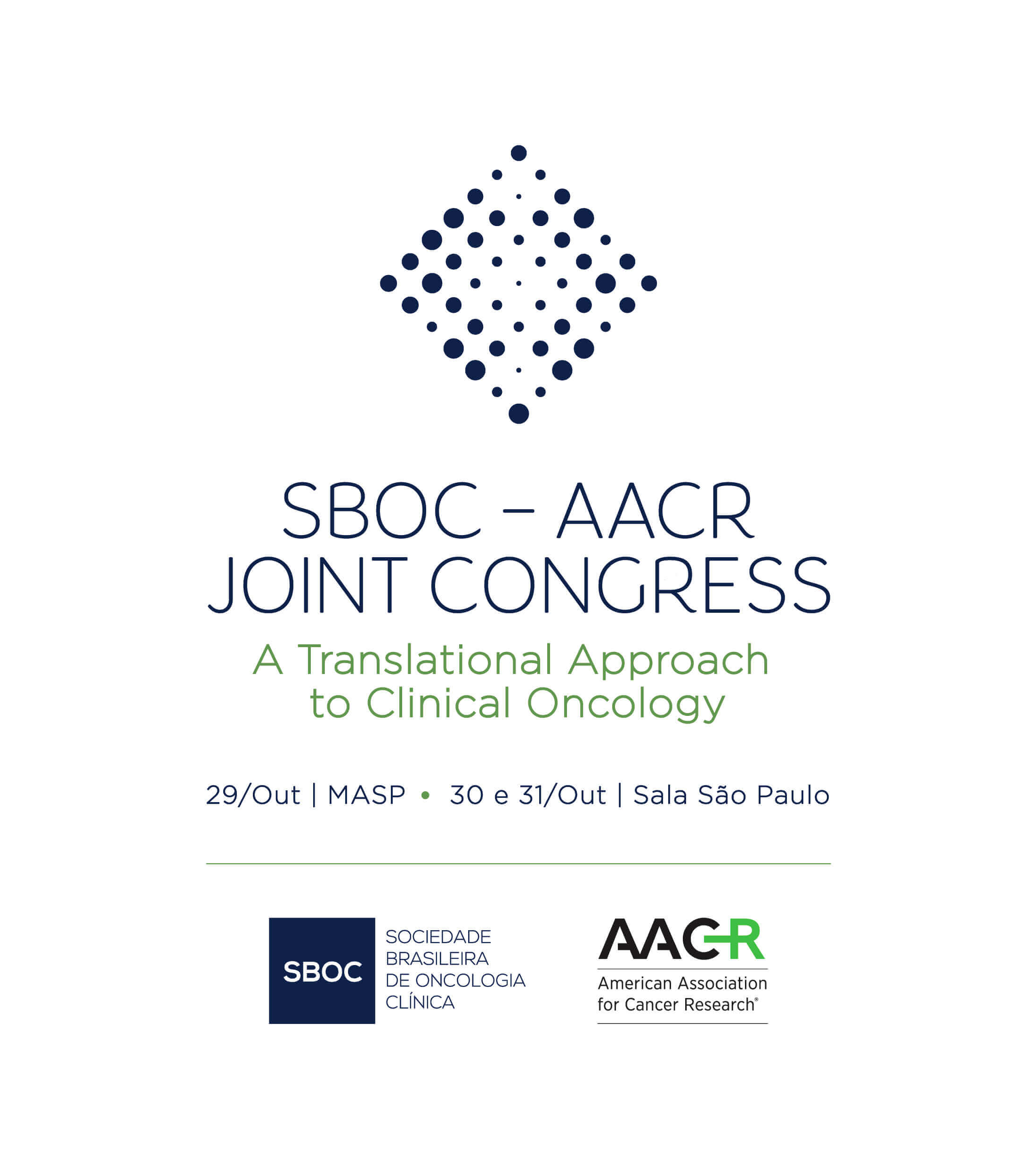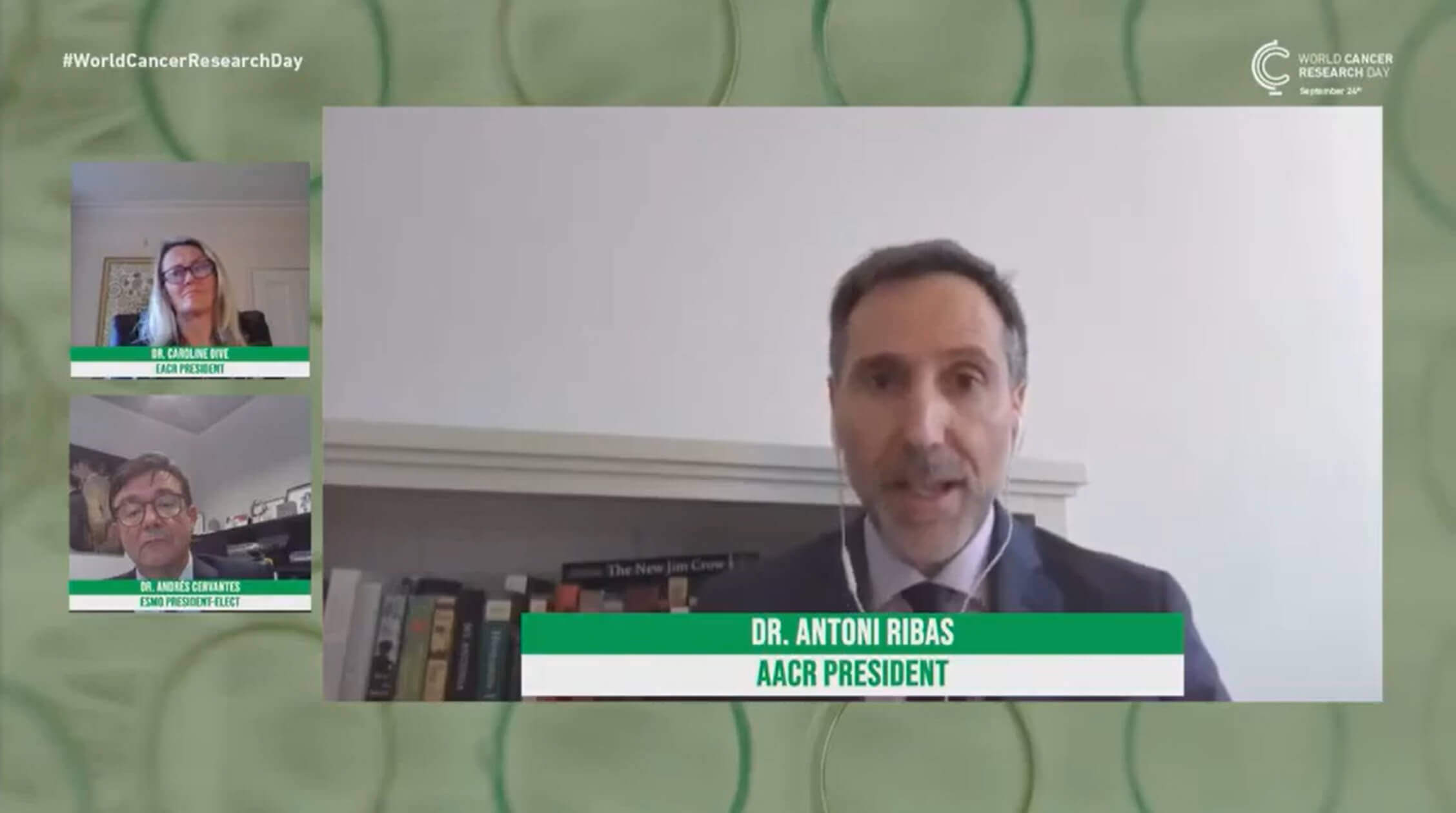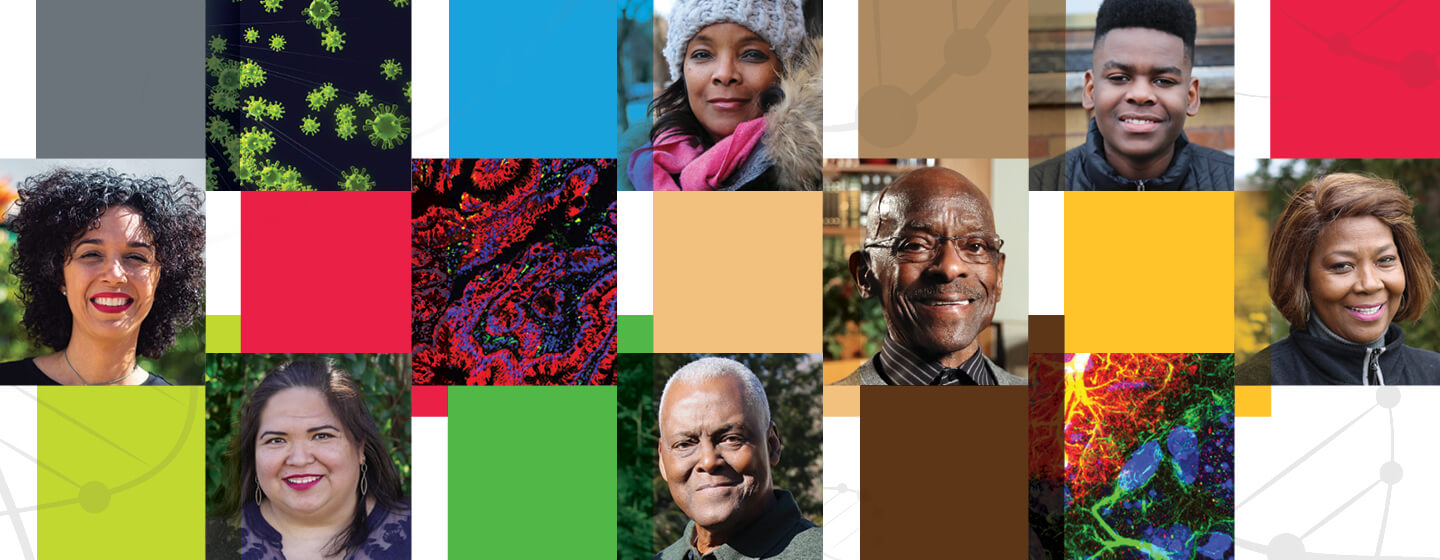GLOBAL COLLABORATIONS DRIVING GLOBAL PROGRESS
The fight against cancer requires a significant global effort. By supporting its members in 127 countries and forging relationships with international scientific organizations, the AACR collaborates on a global scale to promote scientific innovation and improve the lives of all cancer patients. The AACR worked with eight international organizations in 2020 to develop cutting-edge programs and educational opportunities in six countries, supporting lifesaving cancer research worldwide.
Joint Conferences and Educational Workshops
Working with cancer research organizations around the world, the AACR produced the following joint conferences, educational workshops, and symposia in 2020:
- EACR-AACR-ASPIC Basic and Translational Research Conference: Tumor Microenvironment
March 2–4; Lisbon, Portugal
The AACR and EACR partnered with the Associação Portuguesa de Investigação em Cancro (ASPIC) to hold this new conference in Portugal. The program brought together experts in the fields of tumor microenvironment, immuno-oncology, computational biology, and biomedical technology to identify the critical mechanisms that regulate cross talk between these tumor ecosystems.
- SBOC-AACR Joint Congress: A Translational Approach to Clinical Oncology
October 30–31; Virtual
In 2020, the AACR developed its first Joint Congress with the Brazilian Society for Clinical Oncology (SBOC). Originally planned for São Paulo, Brazil, the conference switched to a virtual format in response to the COVID-19 pandemic. The conference showcased the latest advances in basic and translational science and their application to clinical oncology. The Congress was preceded by an educational course on October 17 titled “Molecular Biology for Clinical Oncologists: What Do We Have to Know?”, which grounded clinical oncologists in the critical tools of basic science.

Other International Collaborations
The AACR worked with several organizations to develop joint sessions for the following international conferences:
- JCA Annual Meeting
October 1–3; Hiroshima, Japan
At the Annual Meeting of the Japanese Cancer Association (JCA)—a hybrid meeting with in-person events in Japan streamed to a global audience—the AACR partnered with the conference organizers to present two joint symposia on “Liquid Biopsy” and “Cancer Model System: Organoid.” - Frontiers in Cancer Science
November 2–6 Virtual
Frontiers in Cancer Science (FCS)—jointly organized by the Cancer Science Institute of Singapore (CSI), Duke-NUS Medical School, Genome Institute of Singapore, Institute of Molecular and Cell Biology, Lee Kong Chian School of Medicine, National Cancer Centre Singapore, National University Cancer Institute, Singapore, The N.1 Institute for Health, and Yong Loo Lin School of Medicine, NUS—is Singapore’s popular cancer conference. In 2020, the AACR collaborated with the organizing committee of the twelfth annual conference to develop the first ever AACR-FCS Education Sessions. AACR Chief Executive Officer Margaret Foti, PhD, MD (hc), provided opening remarks for the educational program, which featured expert speakers addressing cutting-edge topics: Puay Hoon Tan, MD, MBBS (“Breast Pathology for Researchers”), Kenneth W. Kinzler, PhD, FAACR (“Detecting Cancer Driver Mutations in Tumors and Blood”), and Marco Herold, PhD (“Exploiting the CRISPR Toolbox for Advancing Cancer Research”). - ESMO Asia Virtual Congress 2020
November 20–22; Virtual
The AACR partnered with the European Society for Medical Oncology (ESMO) to develop two joint symposia at the ESMO Asia Virtual Congress 2020, which moved from its original Singapore location to a virtual format. The joint symposia focused on “Artificial intelligence” and “Hopes and Limitations for CRISPR Technology in Cancer.”
Virtual Annual Meeting 2020: Global Scholar-in-Training Awards
AACR Global Scholar-in-Training Awards (GSITA) are designed to support the career development of meritorious early-career investigators from countries that are building capacity for cancer research. Typically, the GSITA program provides travel support so that these international investigators can attend and present their work at the AACR Annual Meeting. However, when the Annual Meeting moved to a virtual format in 2020, the AACR developed an online program to enable the Global Scholars to engage with their peers and experience the most important cancer meeting in the world.
Prior to their scheduled e-poster presentations, the Global Scholars participated in a Flash Presentation Poster Session, introducing themselves and their work to their fellow attendees. In addition, the awardees attended a virtual Career Development Session which featured advice from experts in cancer science from around the world. Further, the scholars were provided with a Slack workgroup during the meeting to facilitate personal and professional connections.
World Cancer Research Day: A Global Call to Action
On September 24, the AACR joined ten other international scientific organizations in promoting World Cancer Research Day, which calls for the active involvement of citizens, entities, and institutions to promote research in order to reduce cancer incidence and improve survival rates and quality of life among cancer patients.
The highlight of the day was a virtual panel discussion focusing on collaborative cancer research and the impact of the COVID-19 pandemic on cancer research and patients with cancer. AACR President (2020–2021) Antoni Ribas, MD, PhD, FAACR, participated in the session on behalf of the AACR. Dr. Ribas highlighted ongoing progress in cancer research as outlined in the recently released AACR Cancer Progress Report 2020, and he discussed the AACR’s efforts to address the pandemic through its COVID-19 and Cancer Task Force and recent virtual conference on COVID-19 and Cancer.

